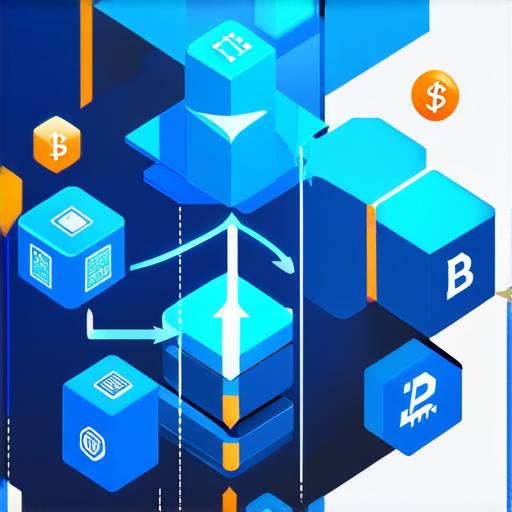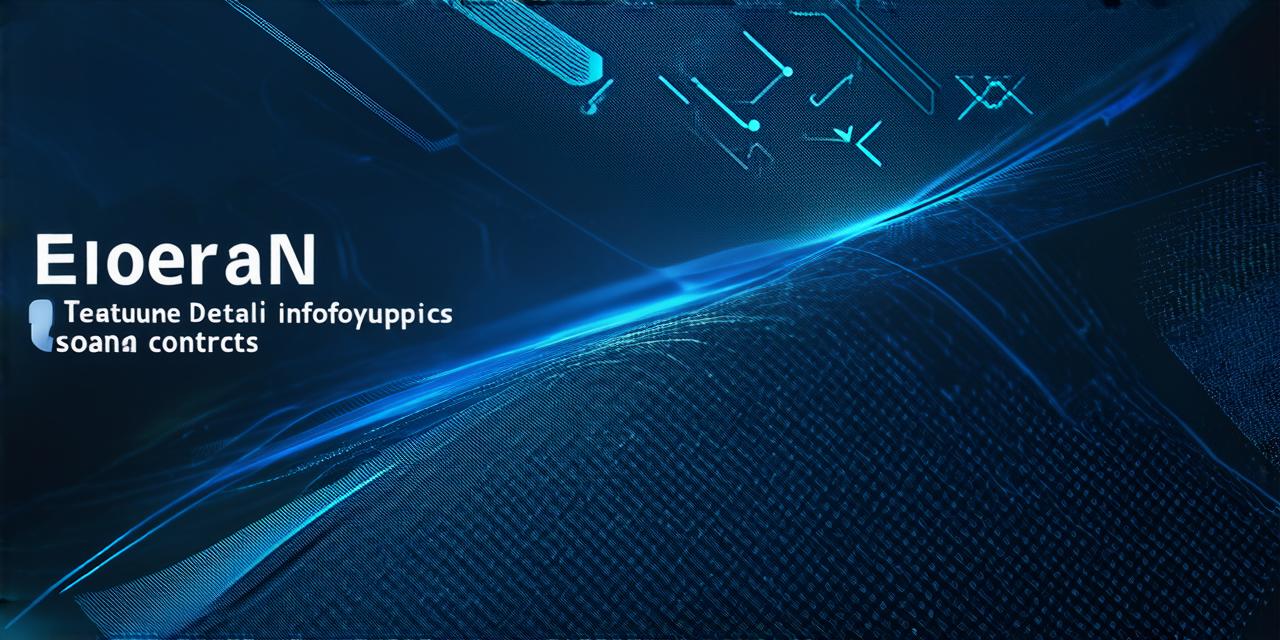Blockchain technology has been gaining significant traction in recent years as it enables secure and transparent transactions without the need for intermediaries. One of the key features of blockchain is the ability to execute smart contracts, which are self-executing contracts with the terms of the agreement directly written into lines of code.
What are Smart Contracts?
Smart contracts are self-executing contracts that automatically enforce their own terms. They are programmed to execute when certain conditions are met, such as the exchange of funds or the delivery of goods. Smart contracts can be used in a variety of industries, including finance, real estate, and supply chain management. They provide a secure and transparent way to conduct transactions without the need for intermediaries, reducing the risk of fraud and increasing efficiency.
Which Blockchain Platforms Support Smart Contracts?
There are several blockchain platforms that support smart contracts, including Ethereum, EOS, Hyperledger Fabric, Corda, and Quorum. Each platform has its own unique features and capabilities, making them suitable for different use cases.
Ethereum (ETH)
Ethereum is the most popular blockchain platform for smart contracts, with a market capitalization of over $350 billion as of August 2021. It was designed specifically for building decentralized applications (dApps) and supports Turing-complete programming languages, such as Solidity, which allows developers to create complex smart contracts. Ethereum’s blockchain has a high throughput and low transaction fees, making it suitable for use cases that require fast and affordable transactions.
EOS (EOS)
EOS is another popular blockchain platform that supports smart contracts. It was designed specifically for building dApps and has a unique delegated proof-of-stake consensus algorithm, which allows for faster transaction speeds than Ethereum’s proof-of-work algorithm. EOS also supports Turing-complete programming languages and has a large developer community that provides resources and tools for building dApps.
Hyperledger Fabric (HF)
Hyperledger Fabric is a blockchain platform designed specifically for enterprise use cases. It is built on the Hyperledger project, which is an open-source initiative aimed at creating secure and scalable blockchain technologies. HF supports smart contracts written in popular programming languages, such as Java and Go, and has a modular architecture that allows for customization and flexibility.
Corda (CORDA)
Corda is a blockchain platform designed specifically for financial institutions and other regulated industries. It was developed by Ripple Labs and is built on the Java programming language. Corda supports smart contracts that can be executed in a private or public network, depending on the specific use case. It also has a number of built-in features, such as identity management and confidentiality, which are particularly useful for financial institutions.
Quorum (QRM)
Quorum is a blockchain platform developed by Ethereum that is designed specifically for enterprise use cases. It is built on the Ethereum blockchain but has a number of features that make it more scalable and secure than Ethereum’s mainnet, such as private transactions and off-chain scaling solutions. Quorum also supports smart contracts written in Solidity, making it suitable for developers who are already familiar with Ethereum’s programming language.
Choosing the Right Blockchain Platform for Smart Contracts
When choosing a blockchain platform for smart contracts, there are several factors to consider, including the use case, transaction requirements, and development skills.

